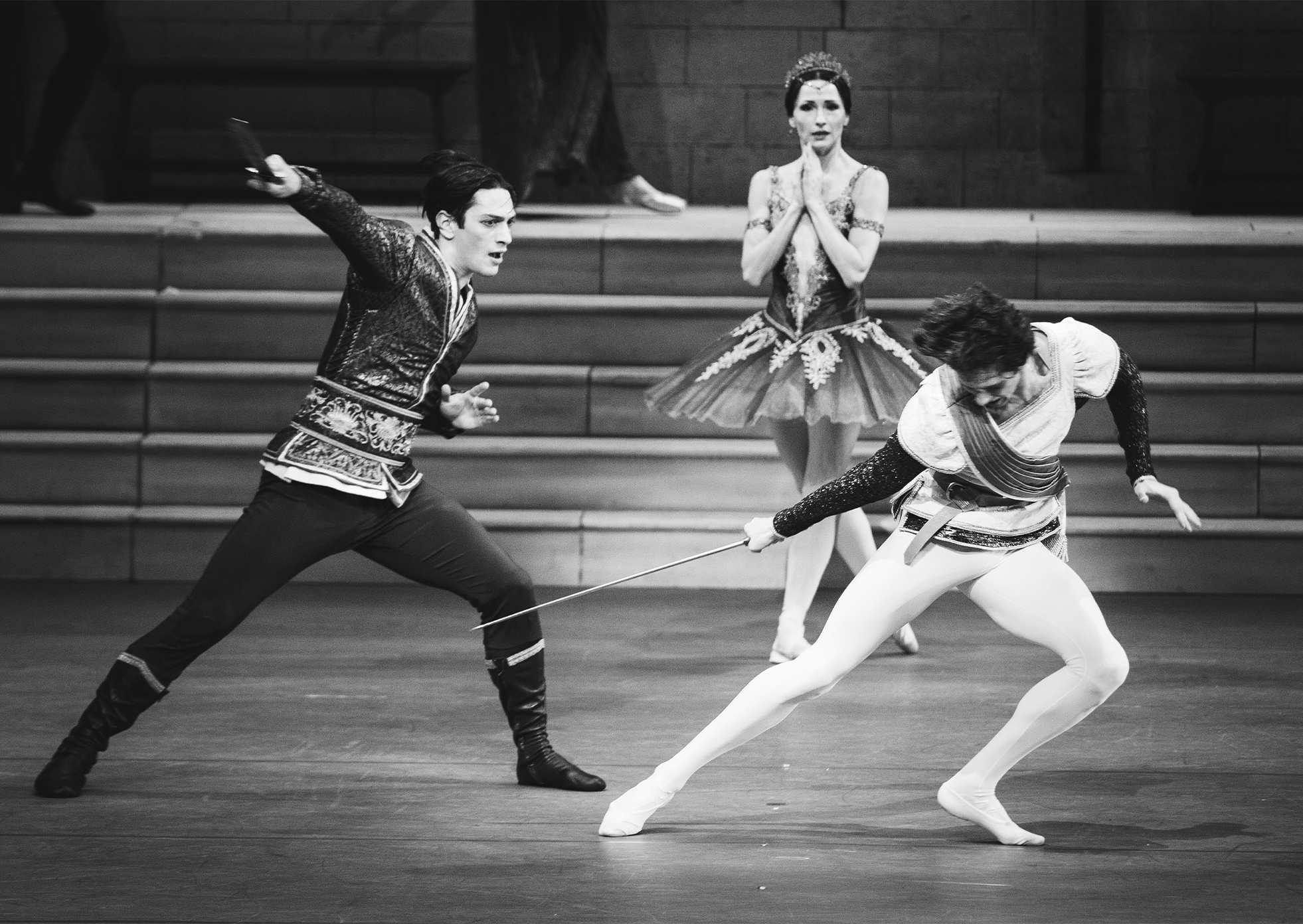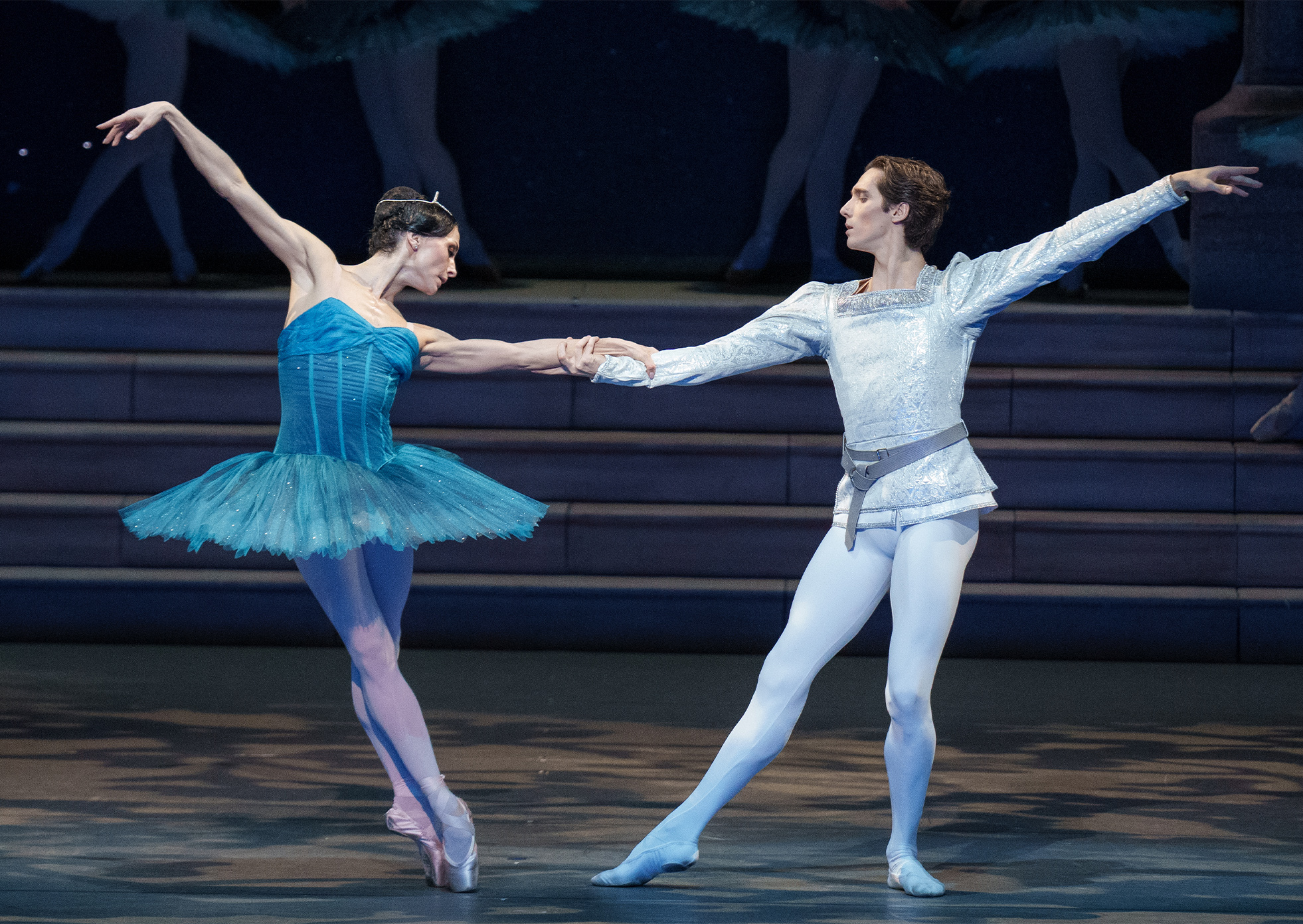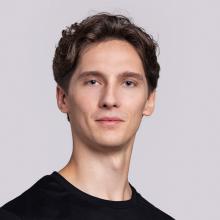
Jan Spunda
Every day on their way to nursery school, Jan Spunda and his twin sister Anna went past a music school. “Anna was always fascinated by the sound of the violin, and when after much pestering my mother said, ‘Go and have a look inside then’, it went further than just having a look.” Anna started taking lessons; Jan followed. As the two children were extremely active besides being musical, the violin teacher suggested, ‘Maybe they should try dancing’. Anna immediately liked the idea; Jan followed. “I enjoyed it: the music, the challenge and probably also the attention I got as the only boy. But I didn’t dare tell my classmates at school that I was doing ballet. In my hometown of Ostrava (the third largest city in the Czech Republic – ed.), dancing was by no means a popular pastime for boys. At around the age of ten, shame got the upper hand. I stopped ballet and – in order to fit in – I started doing indoor hockey, just like my classmates.”
Baryshnikov
Jan’s ballet teacher, however, believed in his talent and eventually managed to persuade him to audition for the ballet course at the Janáček Conservatory in Ostrava. “All the other candidates were perfectly prepared. I hadn’t prepared a thing and hadn’t a clue, but they accepted me anyway.” A video of Mikhail Baryshnikov in Don Quixote, which Jan saw in his first year of training, was a turning point. “That video changed my whole view of ballet, both as an art form and in the way it could express what you can’t say in words. From then on, I took everything much more seriously.” When his parents divorced, a few years later, his passion for dance was fuelled even further. “The ballet studio became my sanctuary – the place where I could escape the struggles in our family, find happiness and give free rein to my creativity.” After the divorce, his mother faced financial difficulties, with three small children. “So I sold my toys, just to be able to pay for the bus to the conservatory.”
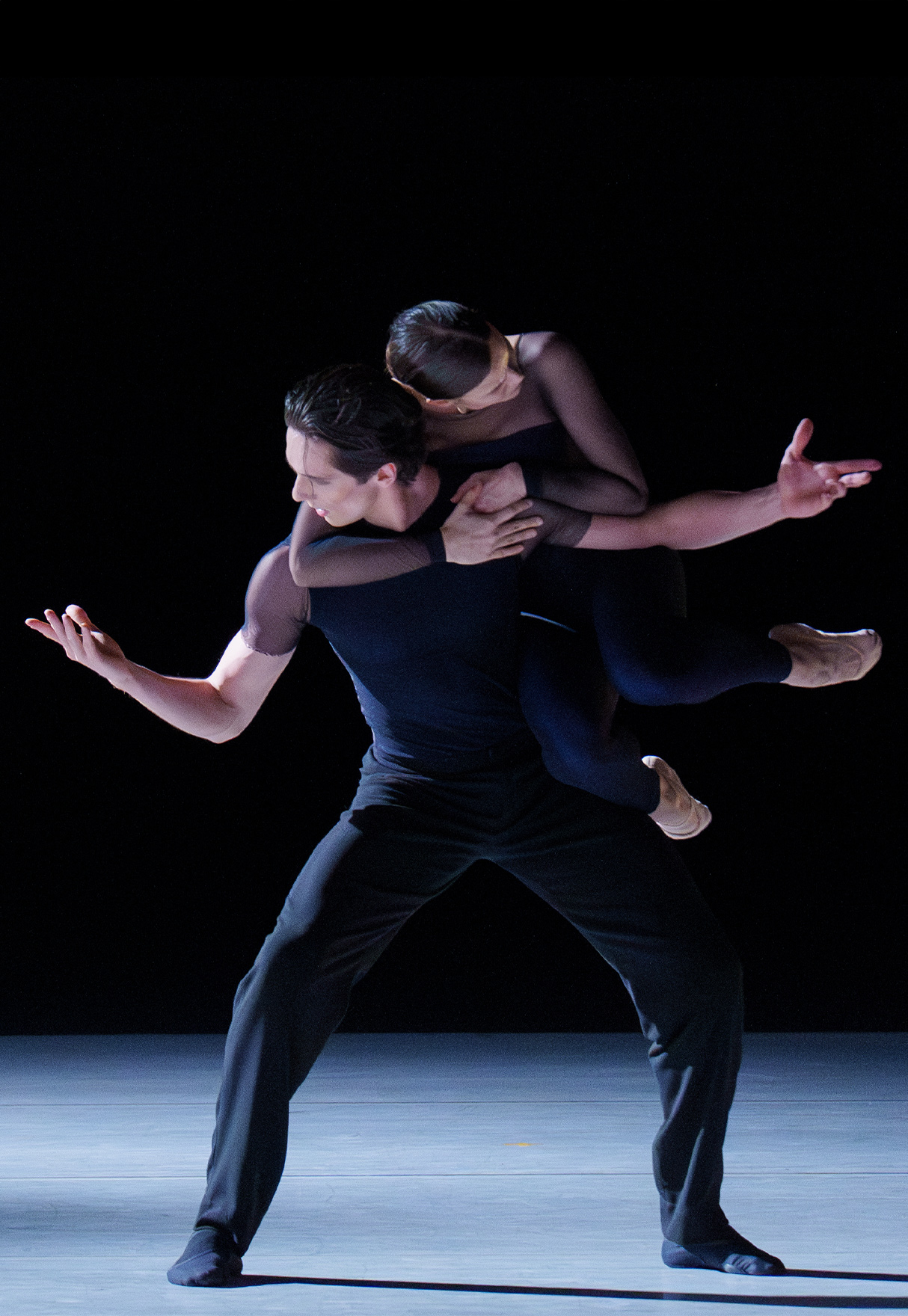
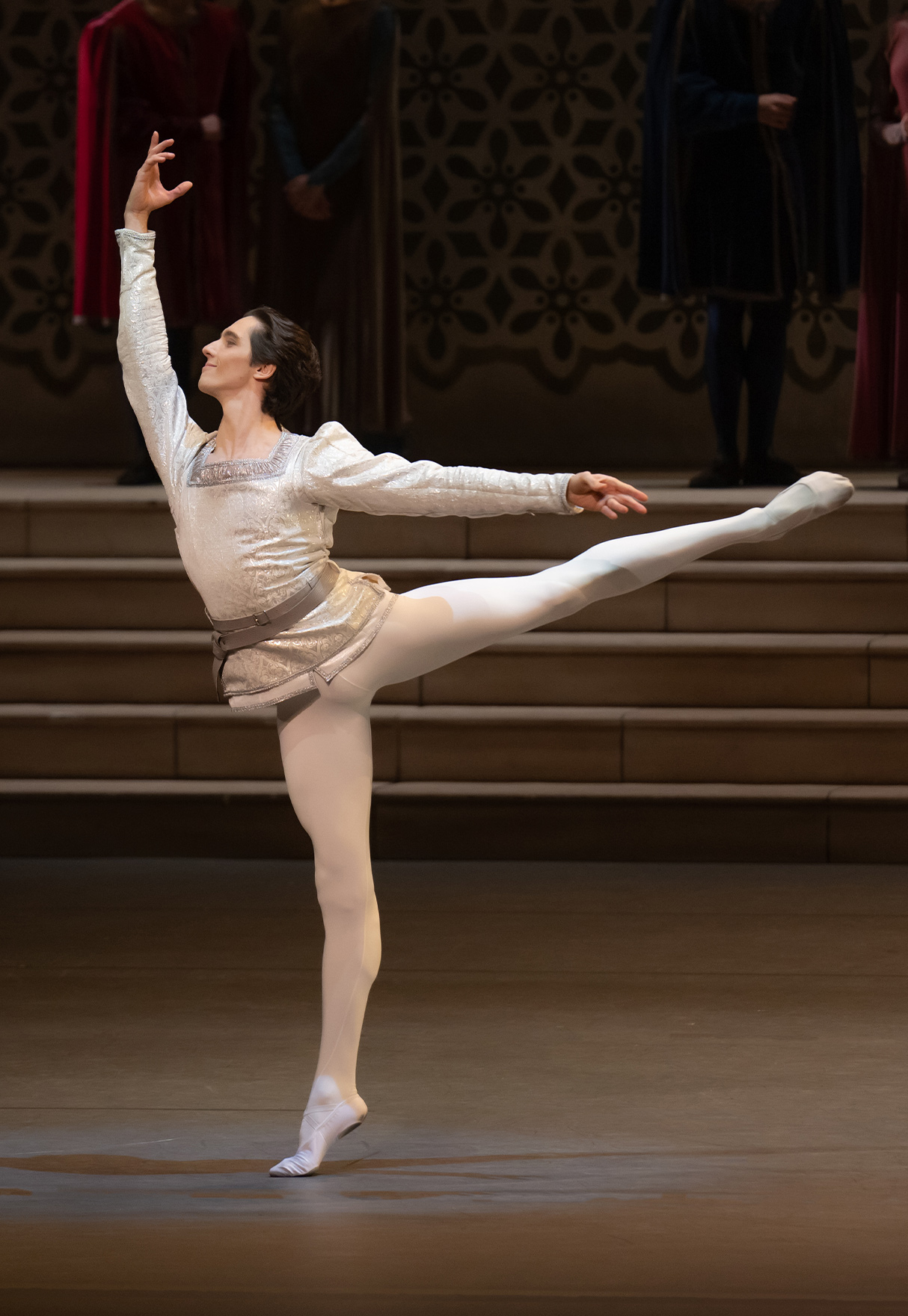
Never flown before
Although the ballet school in Ostrava may not have had the glamour of ballet academies in big cities abroad, Jan did learn two important lessons there. “The determination to go my own way and the fact that hard work always wins over natural talent.” But Baryshnikov’s video also made him realise, “If I want to dance at the highest level, I have to go abroad.” He went twice on a exchange to Bratislava, Slovakia, and took masterclasses with Daria Klimentová, former principal dancer with English National Ballet. “I told her about my dream and she said, ‘Why don’t you audition in London?’” A week and a half after sending off his video, he heard that he’d been accepted for English National Ballet’s full study programme and was already expected in London three weeks later. “I was sixteen, didn’t speak a word of English and had never flown before. But more importantly, how on earth could we afford it? In my first week in London, I phoned my mother and said, ‘Mum, I don’t want you working yourself to death to pay for all this. What I’m spending here just on public transport is more than your monthly rent.” It was only shortly afterwards that he heard his grant covered living expenses as well as tuition fees. “At that moment, such a weight fell from my shoulders. And I’m still incredibly grateful to artistic director Samira Saidi and Kristina Rogge, an enthusiastic Friend of English National Ballet, for all the support they gave me.”
‘A home and a salary’
After three years of training in London, he auditioned for several companies, including Dutch National Ballet’s Junior Company. “But they said I’d have to do another year’s training at the Dutch National Ballet Academy, and I couldn’t,” he laughs, “because it was high time to start earning a living.” So he ended up with Bayerisches Staatsballett in Munich. It turned out not to be the right place for him – “in my view there wasn’t enough focus on talent development” – but he did meet his sweetheart there, fellow dancer Arianna Maldini. They auditioned for Dutch National Ballet together in 2019. “Arianna was offered a corps de ballet contract on the spot, and shortly afterwards I got the good news call.” It was, he says, a strange start in Amsterdam. “We’d only danced in two programmes before half the world shut down because of the corona pandemic. But we had a home and a salary, so that was amazing. And after all the commotion of the previous years, the rest in Amsterdam due to all the corona restrictions actually did me good.”
Artistry
Jan says he’s grateful for all the opportunities he’s had in Amsterdam. “I enjoy every role and every dance style, even when something doesn’t suit me as well or is a bit more difficult. At the same time, I know I’ve still got a long way to go, and with each promotion to the next rank the responsibility grows.” For him, that’s not just about technique, and high jumps and endless pirouettes, but far more about artistry. “I want to convey emotions: love, passion and sorrow. I want to move people, make them forget their problems and all that’s going on in the world for a while, or give them a new perspective on it. For me, that’s essential, probably because it’s the role that dance used to have for me too.” So he treasures the fact that even his grandfather, who was never interested in art, is now also moved by opera, theatre and dance. “Dancing is a tough profession. When you get up in the morning, your body nearly always hurts. But the knowledge that you can relieve people of their daily worries for a time makes it all worthwhile.”
Text: Astrid van Leeuwen
CV
Place of birth:
Ostrava (Czech Republic)
With Dutch National Ballet since:
2019
Career with Dutch National Ballet:
Soloist (2024), grand sujet (2022), coryphée (2021), corps de ballet (2019)
Previously danced with:
Bayerisches Staatsballett (Munich, Germany)
Training:
Janáček Conservatory (Ostrava, Czech Republic), English National Ballet School (London, United Kingdom)
Awards:
- 2017: Youth America Grand Prix, New York (United States), third prize, and ‘Outstanding Artistry Award’ from Dance Europe
- 2014: Tallinn International Ballet Competition (Estonia), third prize




